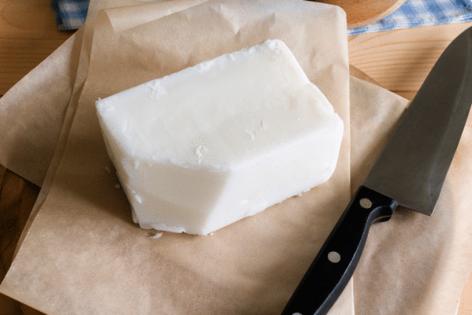On Nutrition: Beef tallow
Published in Nutrition
In a recent column on seed oils, I concluded that we need to continue to follow the research and that it pays to keep up with the science. I then received a letter from Mike C. in Nebraska who reminded me of certain social media influencers who are strongly against seed oils.
“Seed oils are highly processed, while beef tallow is not,” he wrote. He then explained that “natural products are better than man-made products, as man cannot improve on what nature provides.”
I would argue that beef and seeds are both from nature. But Mike’s letter does bring up the other side of the seed oil argument. Beef tallow is the fat that surrounds the organs of cows. It is made through a process called “rendering” in which the fat is heated to melt it away from other tissues. This liquid is then centrifuged to separate water and solids from the final product.
Nutritionally, the big issue against beef tallow is that it is high in saturated fat, which is typically associated with some unhealthy conditions including inflammation. Inflammatory diseases include obesity, diabetes and heart disease. Almost half the fat in beef tallow is saturated.
So why is everyone talking about beef tallow? I dug a little further and here’s what I found from FoodData Central, a branch of the Agricultural Research Service of the Department of Agriculture:
Almost 40% of the saturated fat in beef tallow is actually stearic acid, the same type of saturated fat we find in cocoa products. Unlike other saturated fats, stearic acid does not appear to increase the risk for heart disease. So there’s that.
And here’s another surprise. About 42% of all the fat in beef tallow is the monounsaturated type — the same healthful fat found in olive oil.
Beef tallow is also a significant source of choline, an essential nutrient needed by every cell in the body. It is a required component of acetylcholine, an important neurotransmitter that sends messages to control our brain and nervous system. So it helps manage our memory, muscles and moods.
Beef tallow is also a natural source of vitamin D (few foods are).
What about the switch of some restaurants to fry their food in beef tallow instead of vegetable oil? Remember, half the fat in beef tallow is saturated. Saturated fats are known to be more stable (less likely to break down and become rancid) at high temperatures.
Does that mean I’m better off if my french fries are deep fried in beef tallow instead of oil? Hardly. Remember, our bodies do not need more than about 50 grams of any type of fat a day. That’s about 3 to 4 tablespoons of butter, salad dressing or other added fat in our food.
And that’s what I have to say about that.
©2025 MediaNews Group, Inc. Distributed by Tribune Content Agency, LLC.










Comments